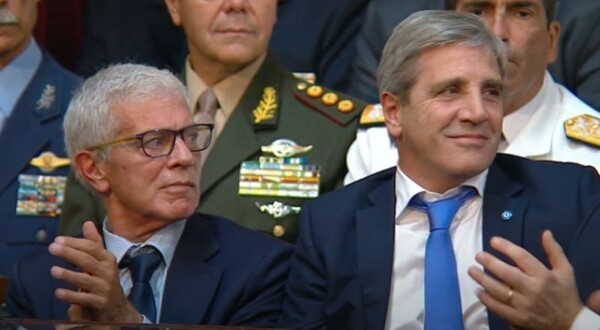
In the neighboring country of Uruguay, a transfer of power has been observed between two opposing political poles: conservative neoliberal right and the left. This event, where Tabaré Vázquez left power and Lacalle Pou took over, reveals a coexistence of political stances within a framework of respect for institutions and the popular will.
In contrast, in Argentina, there is a perceived lack of respect for institutions and a disdain for the presidential office from certain sectors of society. This is evidenced by disrespectful attitudes and a lack of solemnity towards political figures. Argentine society reflects a marked division and a lack of recognition of its own reality, which hinders change and continuous improvement.
The critical discourse is aimed at the Argentine president for his disjointed attitude and his interactions with the citizenry, reflecting a gap between the government and the population. There is a need to recognize the importance of respecting institutions and those who make up society to avoid falling into decadence and mediocrity.
There is a call to reflect on how power is exercised and how the citizenry is interacted with, remembering the importance of respecting the diversity of opinions and stances in the political realm. The importance of maintaining an attitude of seriousness and respect towards democratic institutions is highlighted to ensure the well-being and stability of society as a whole.














